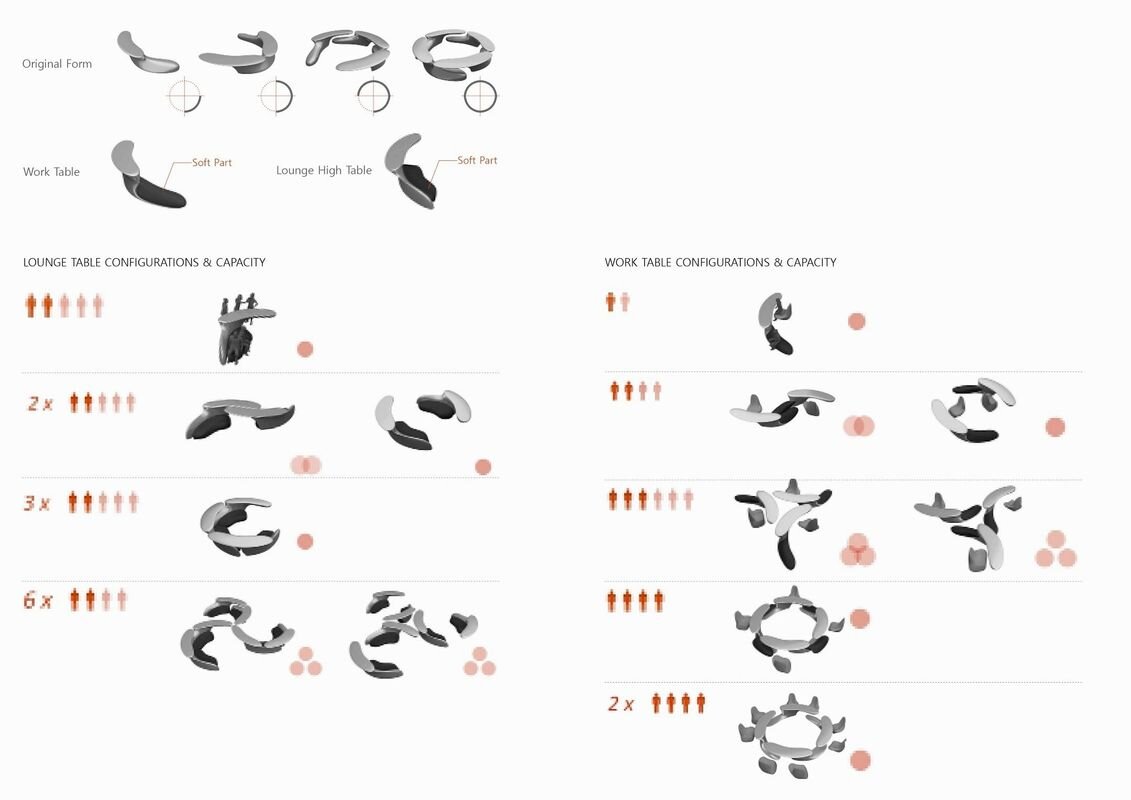
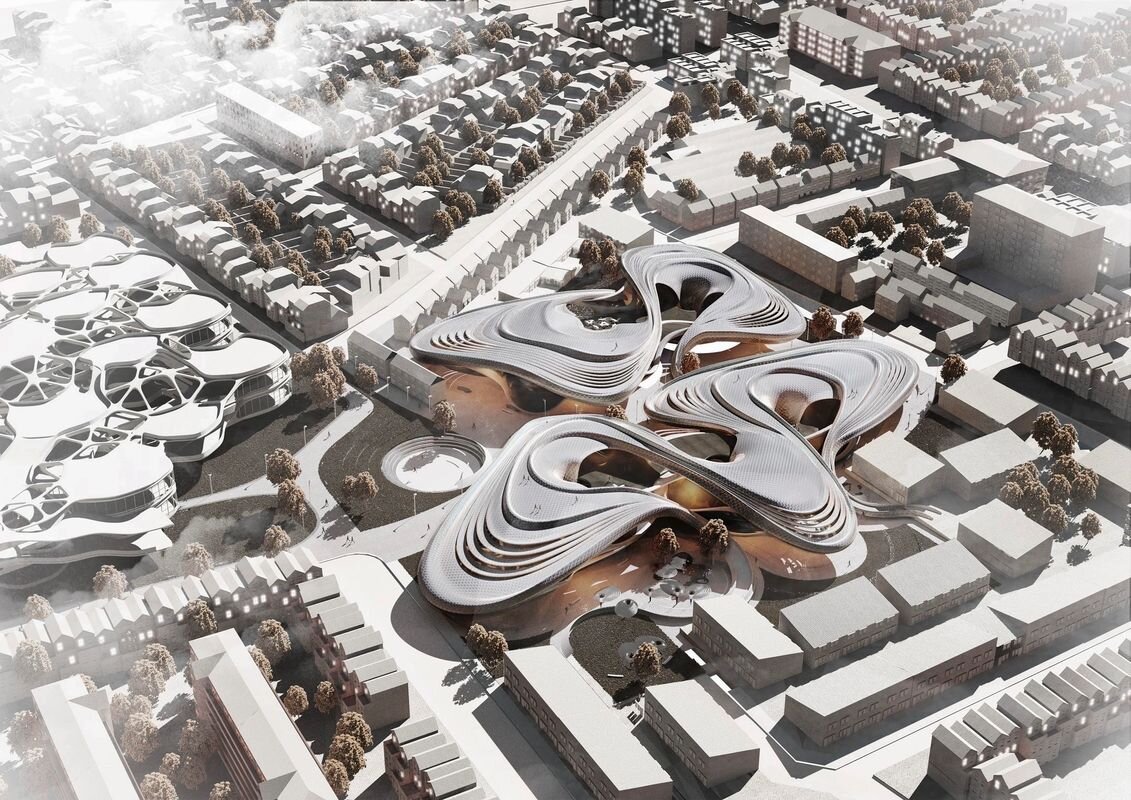
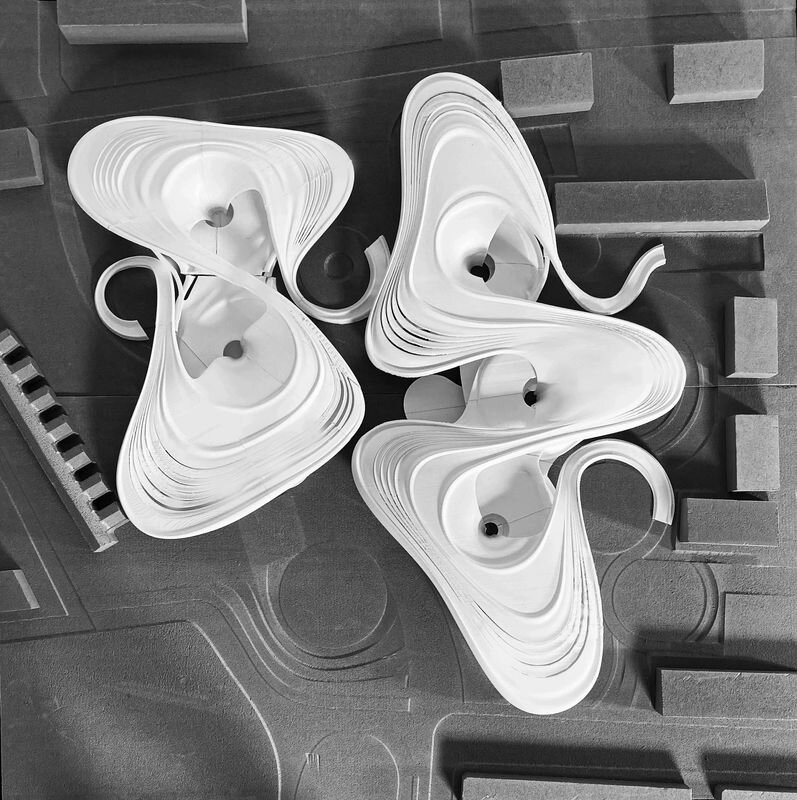
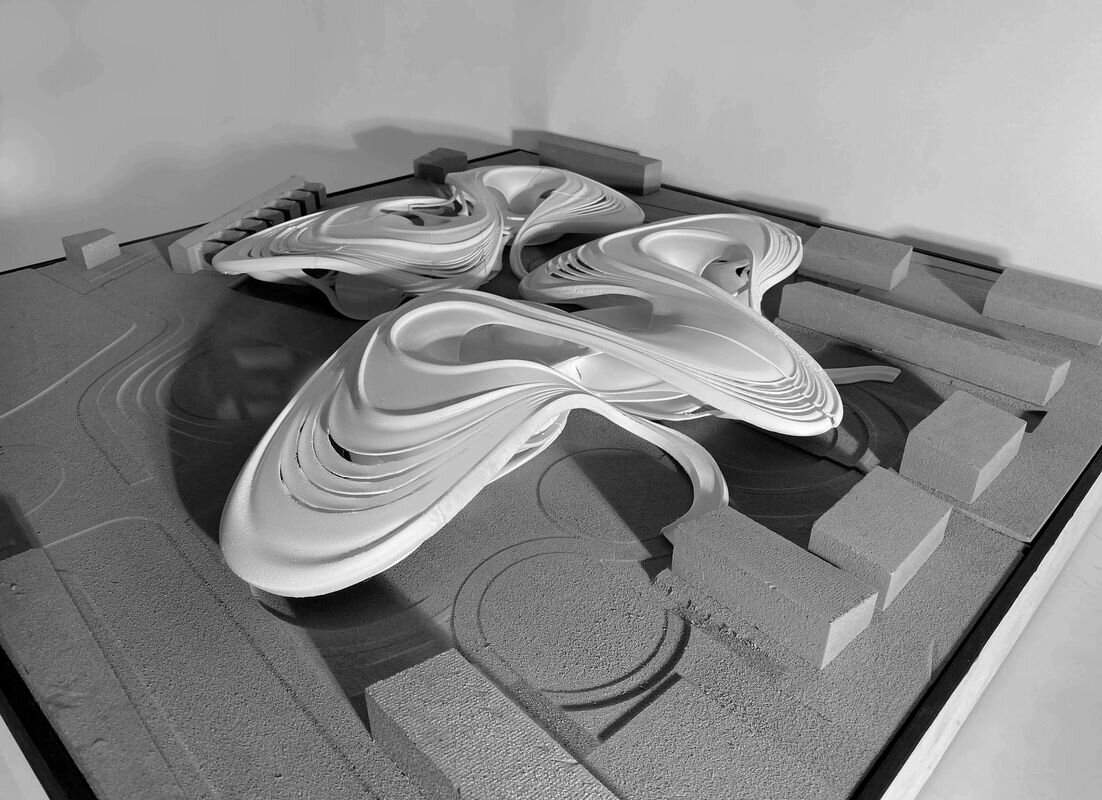
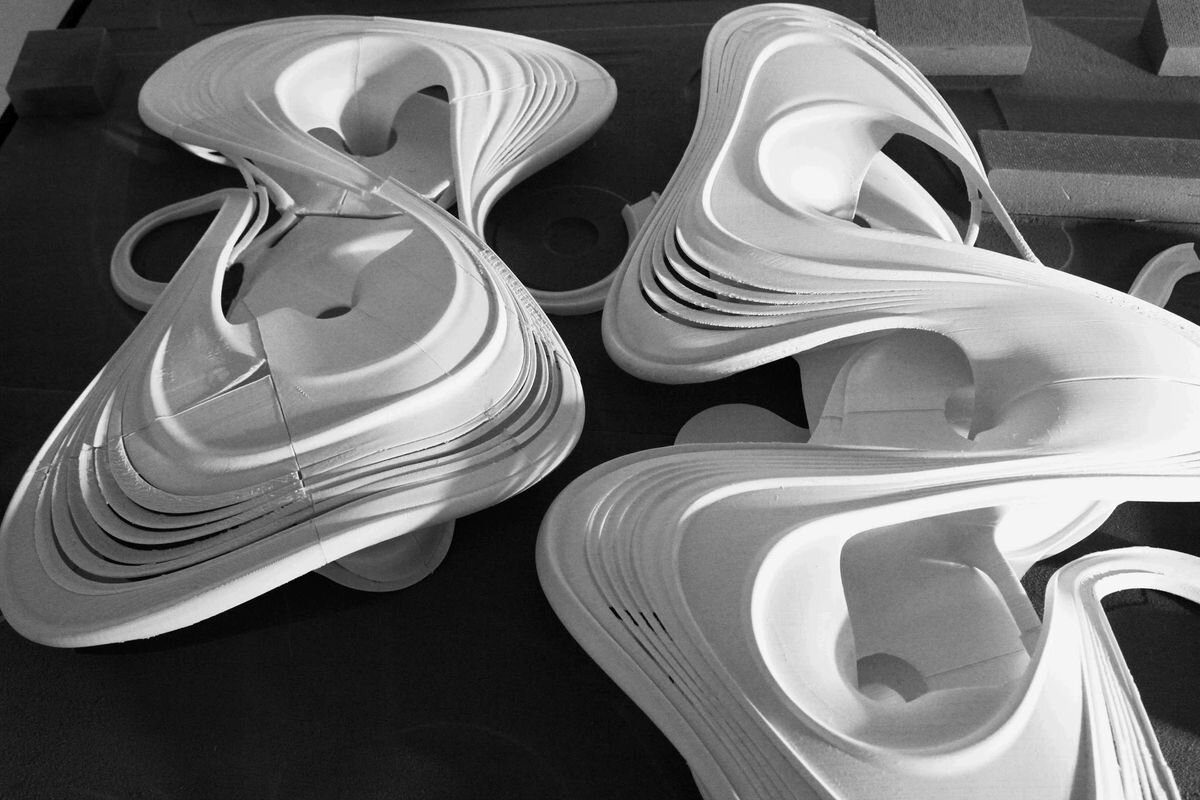
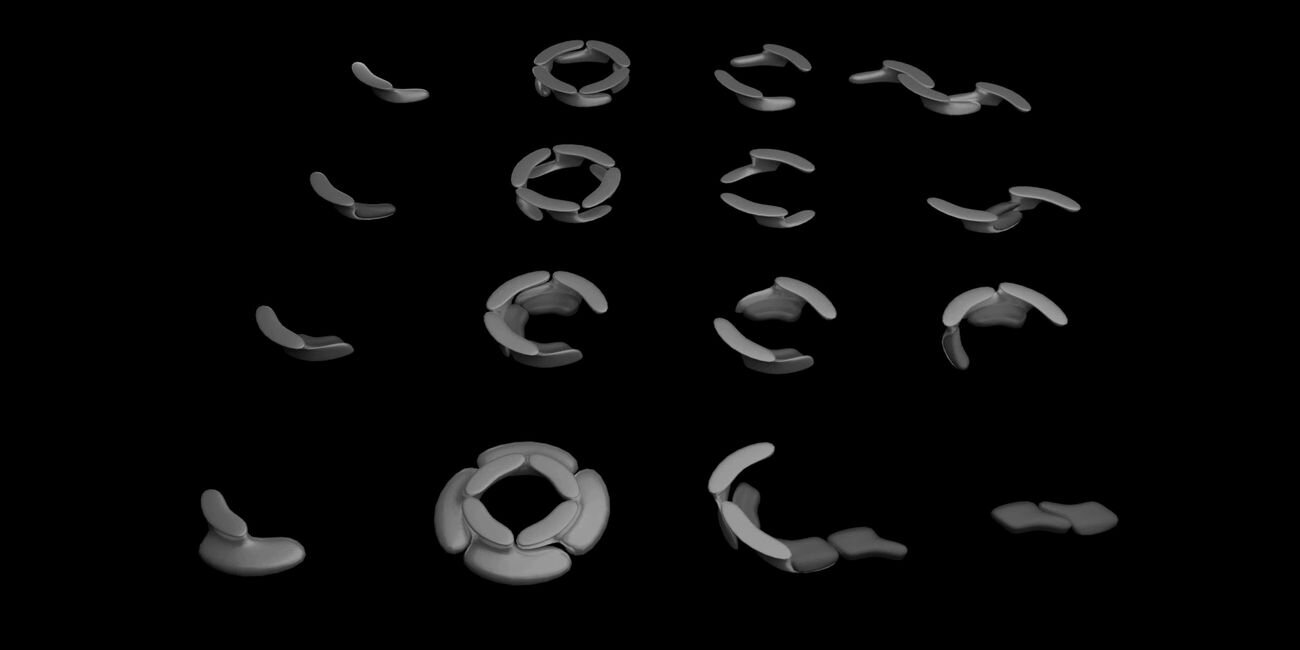
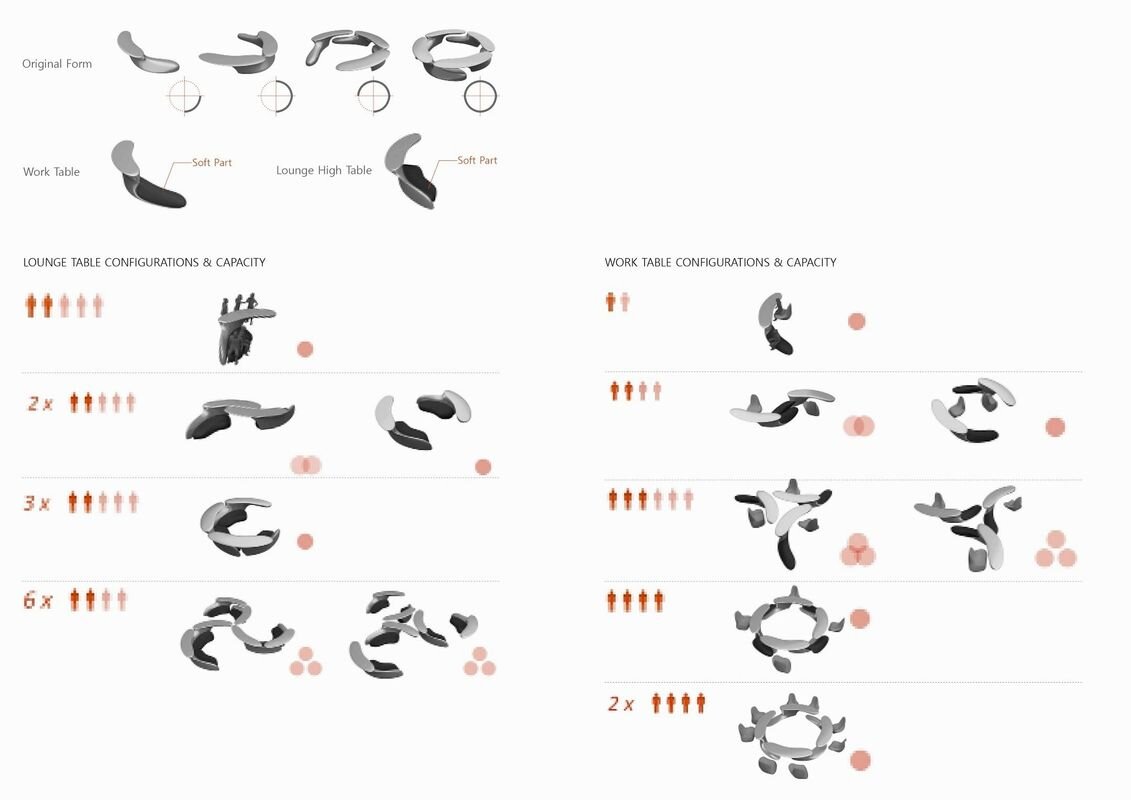
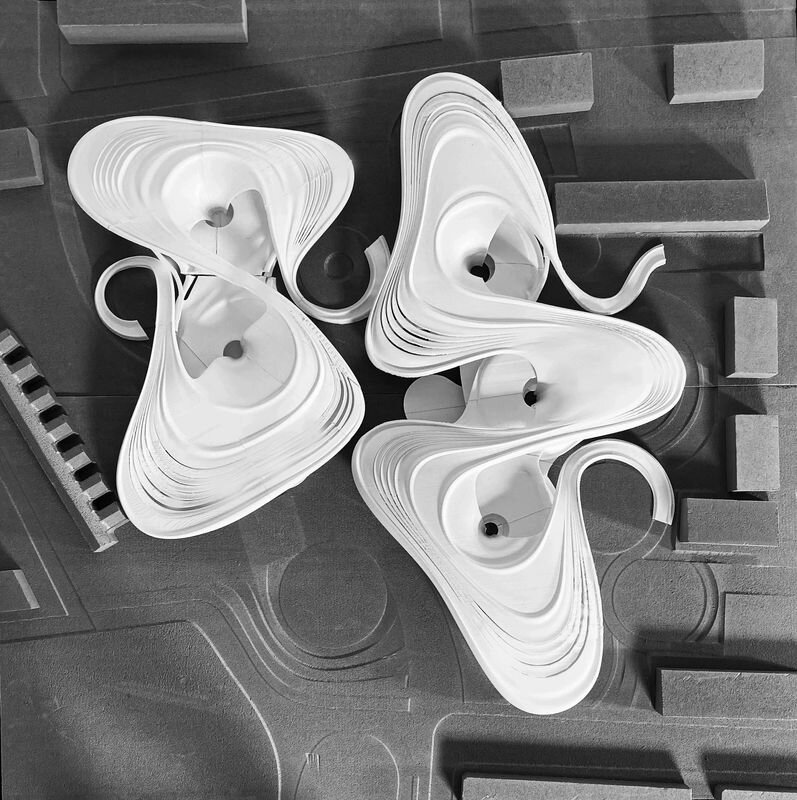
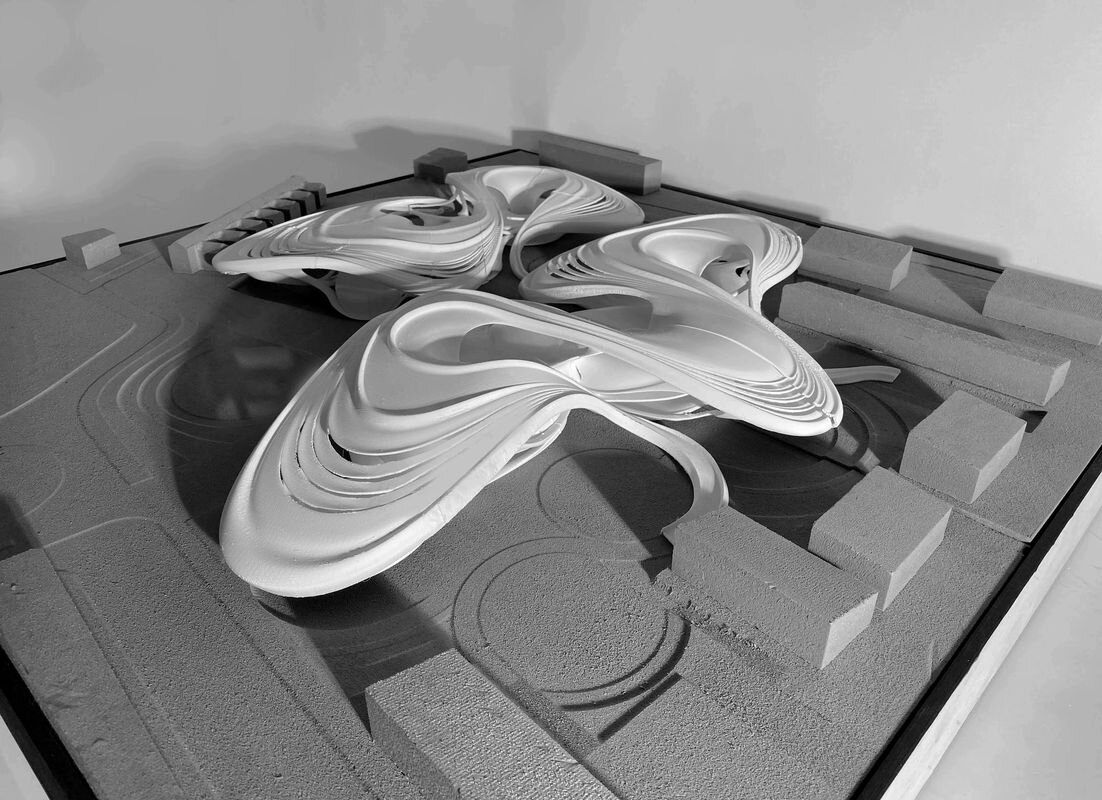
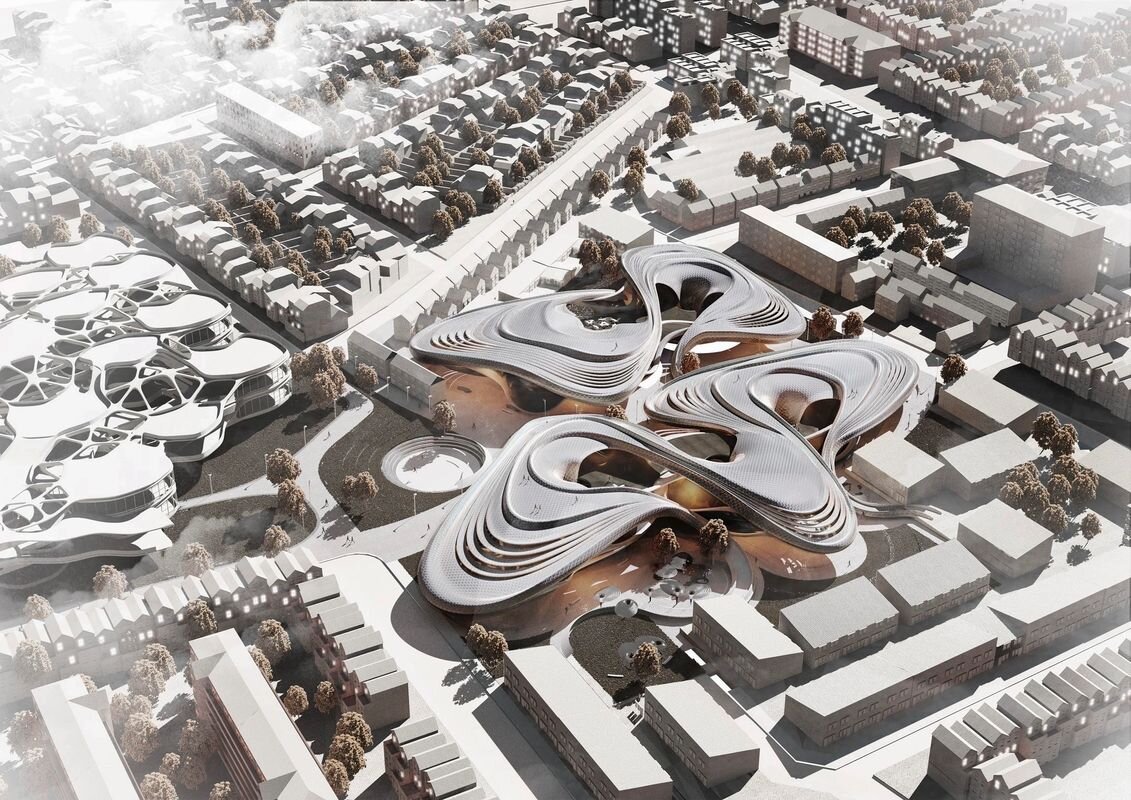

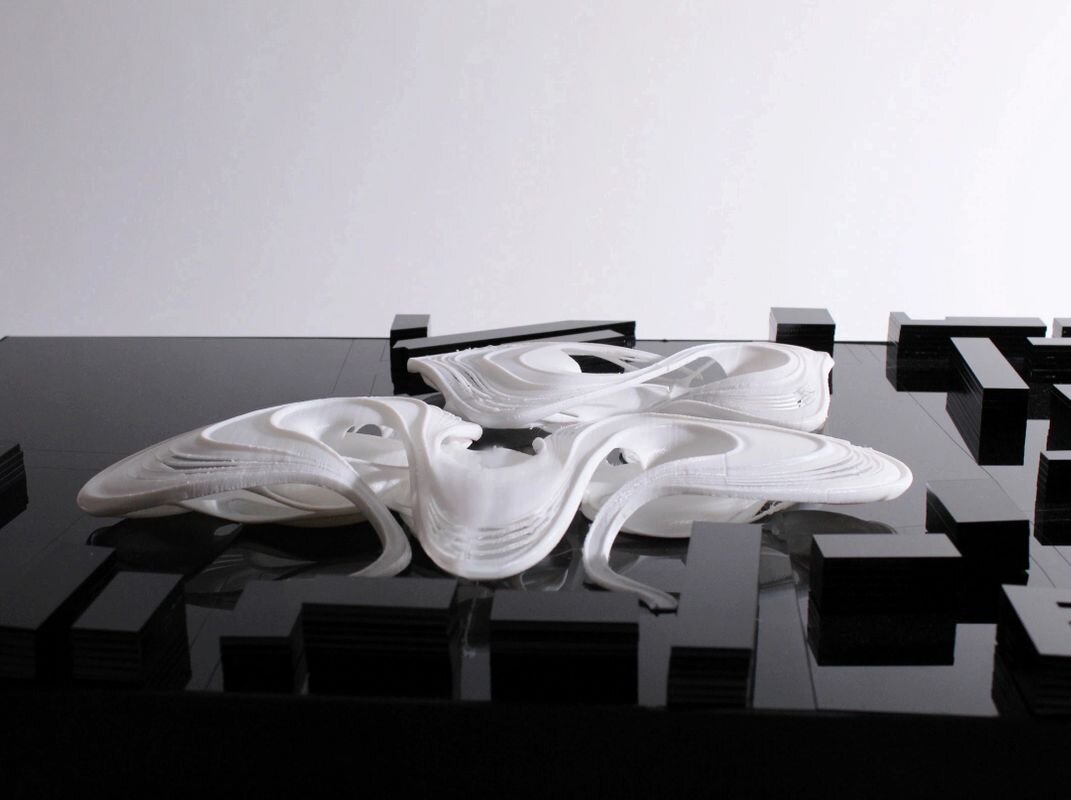
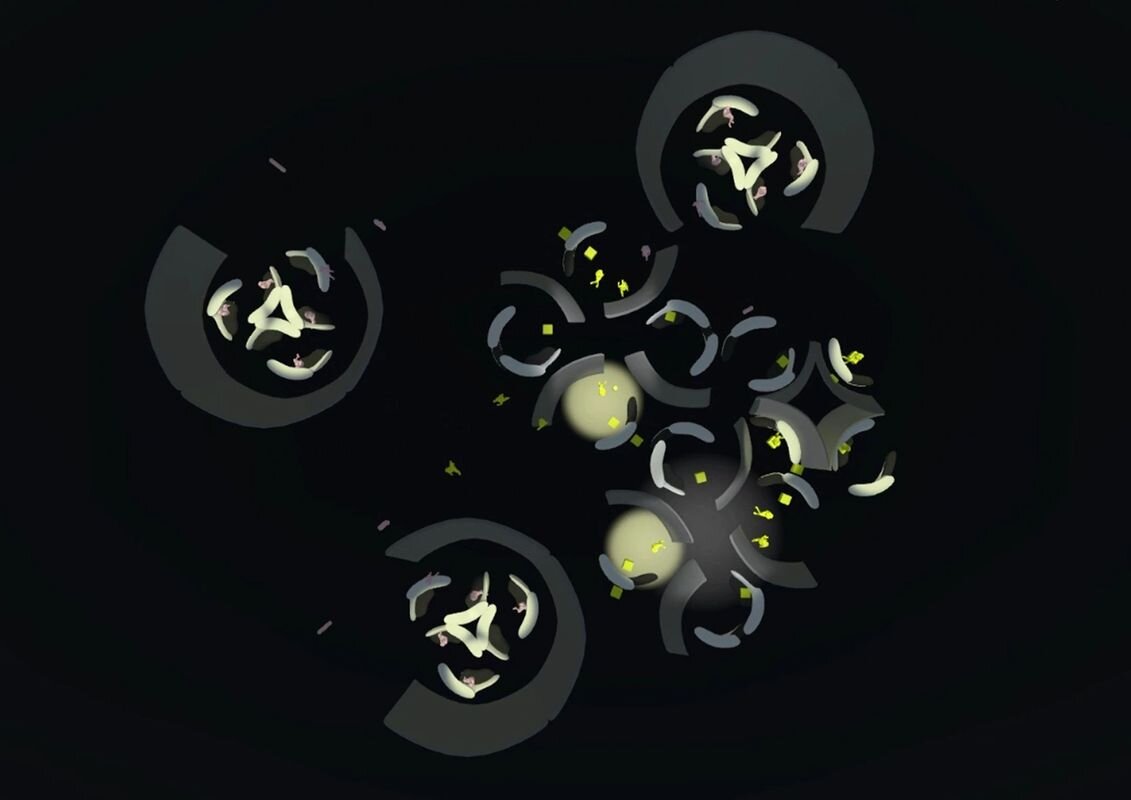
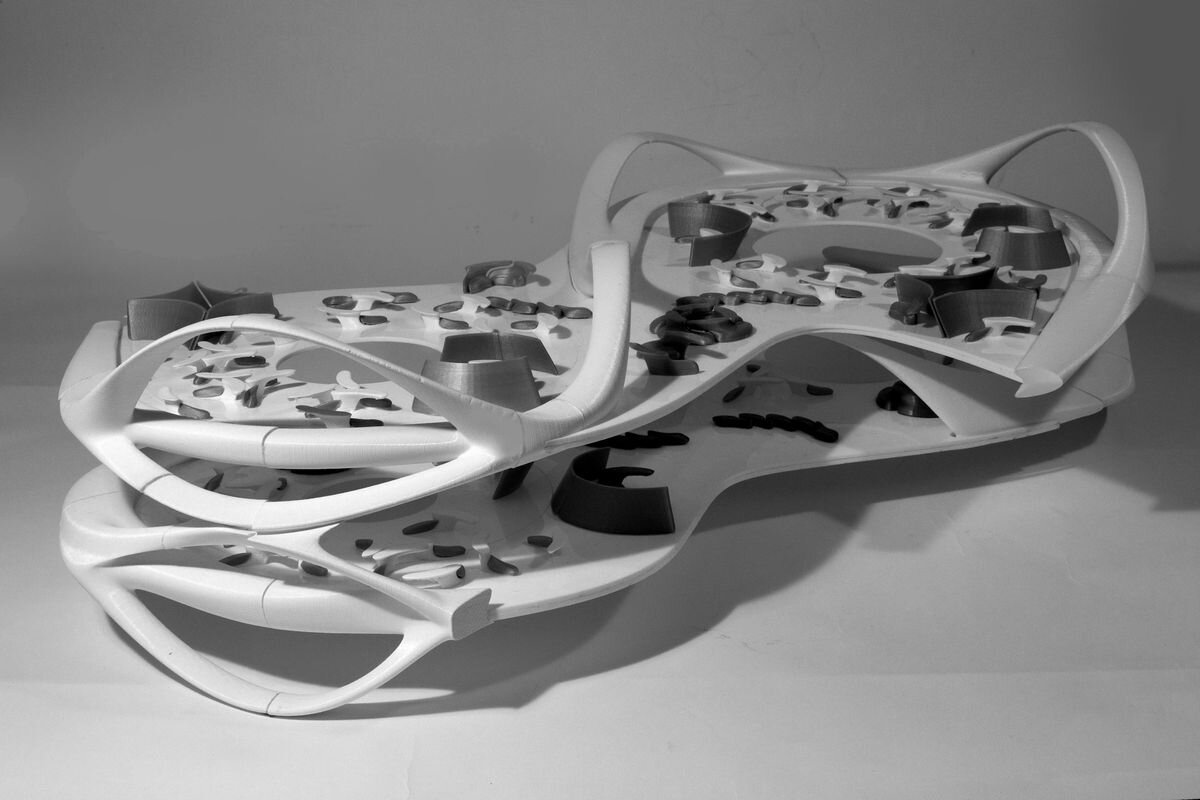
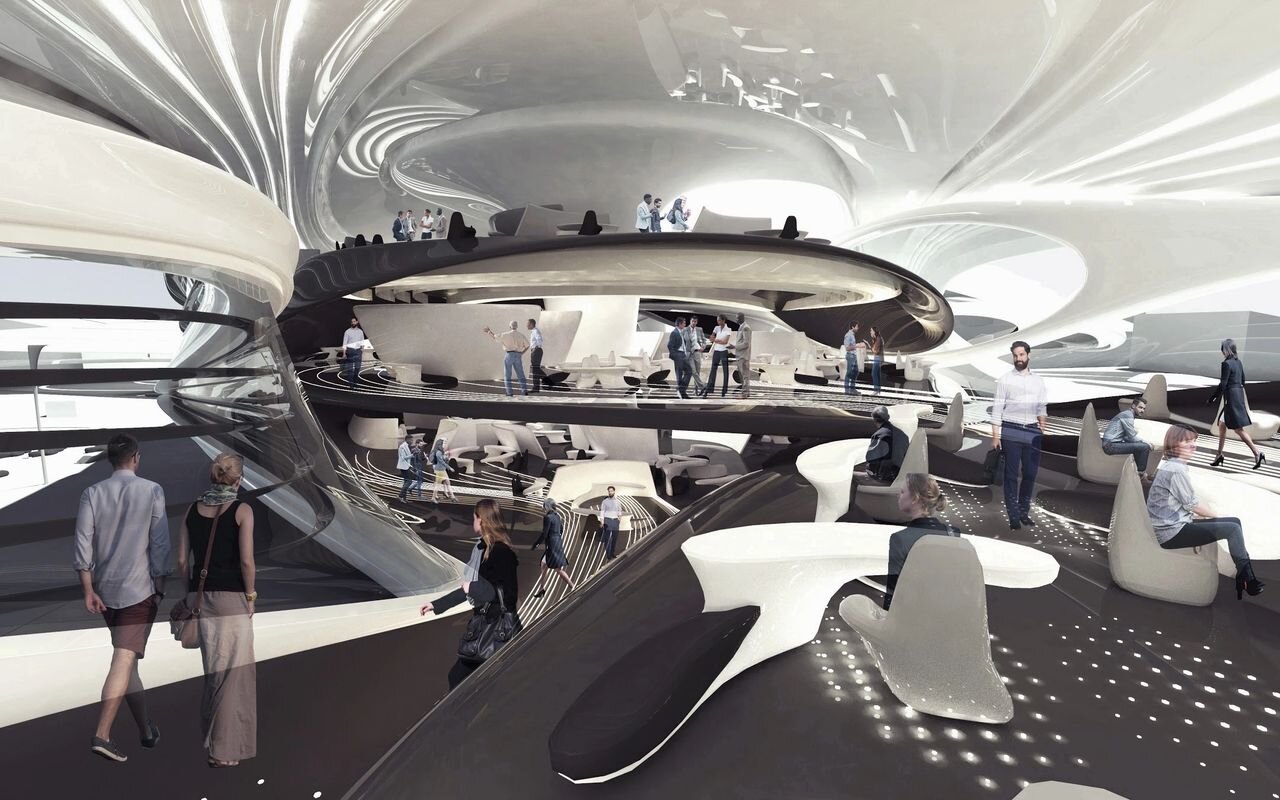
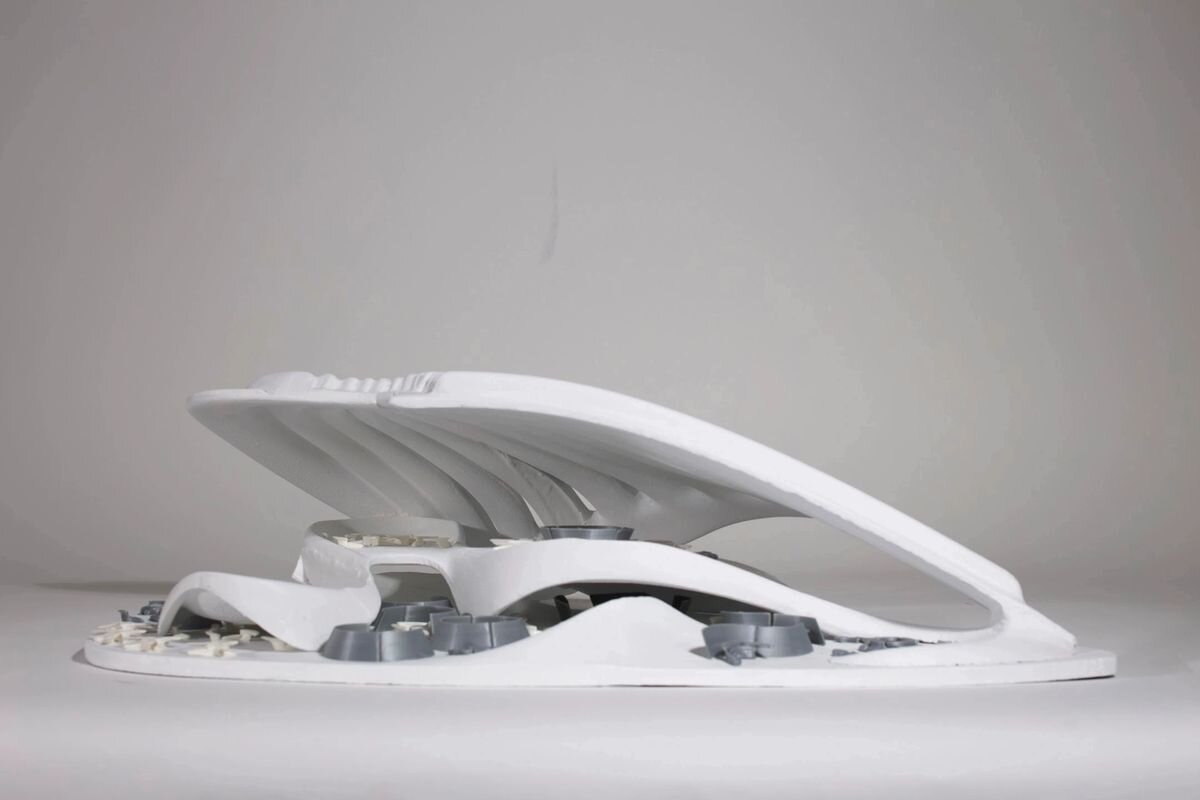
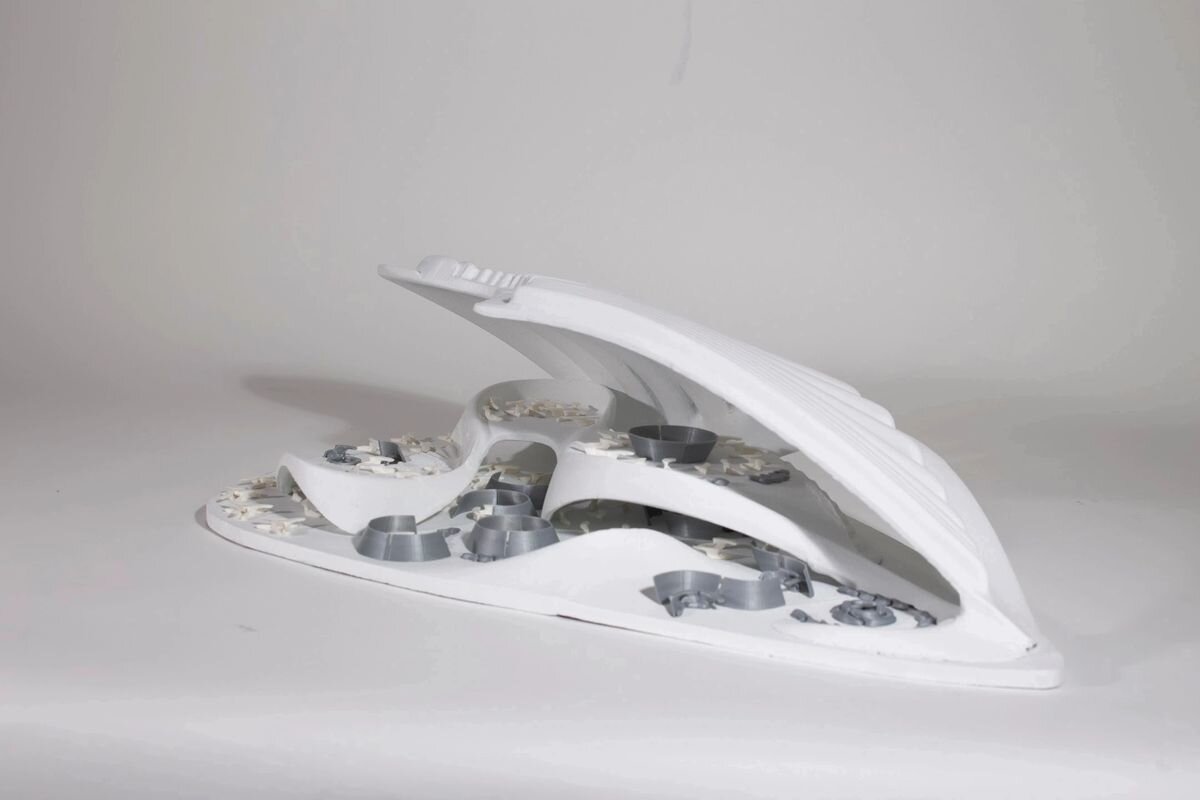
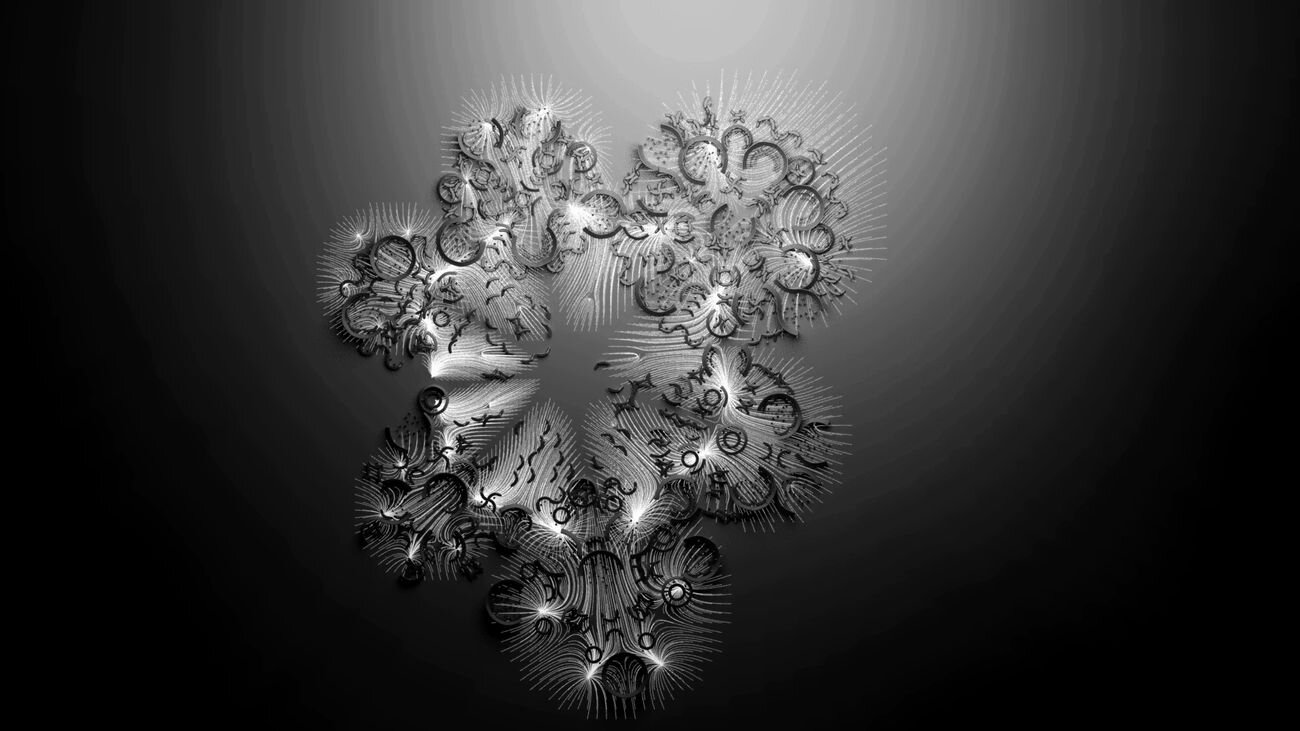

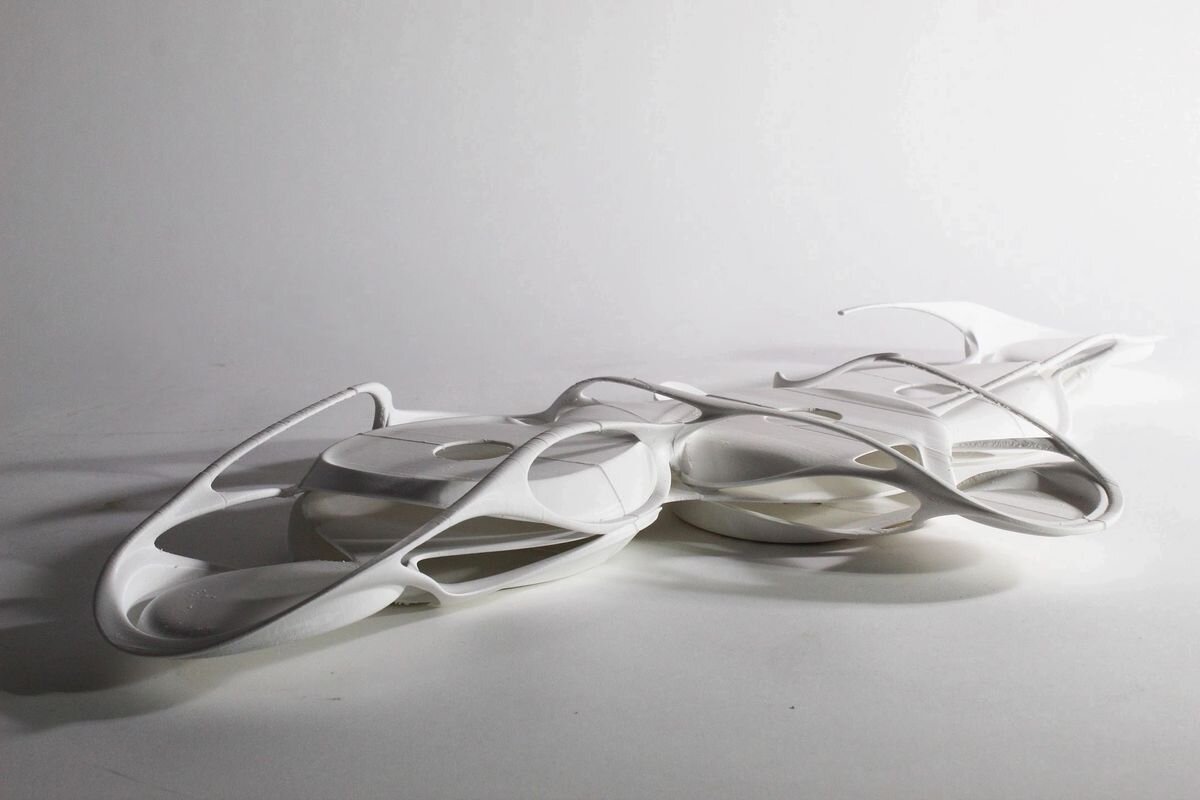
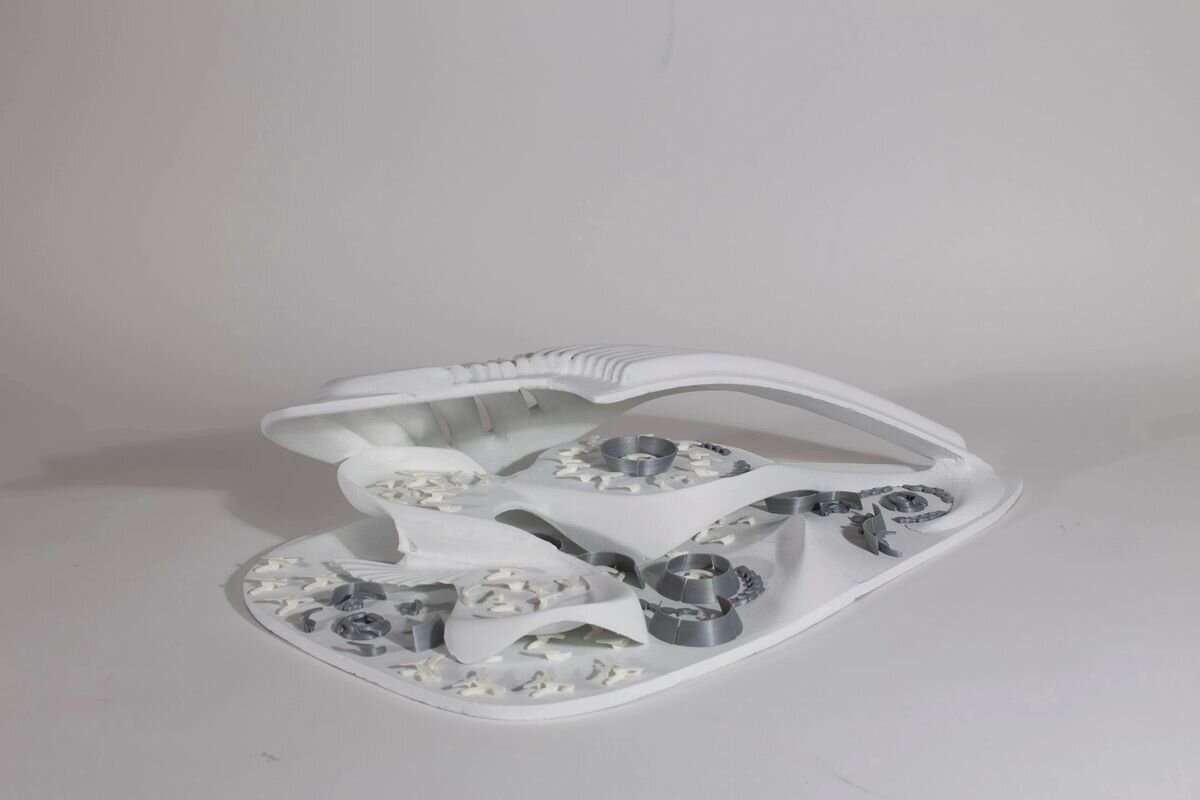
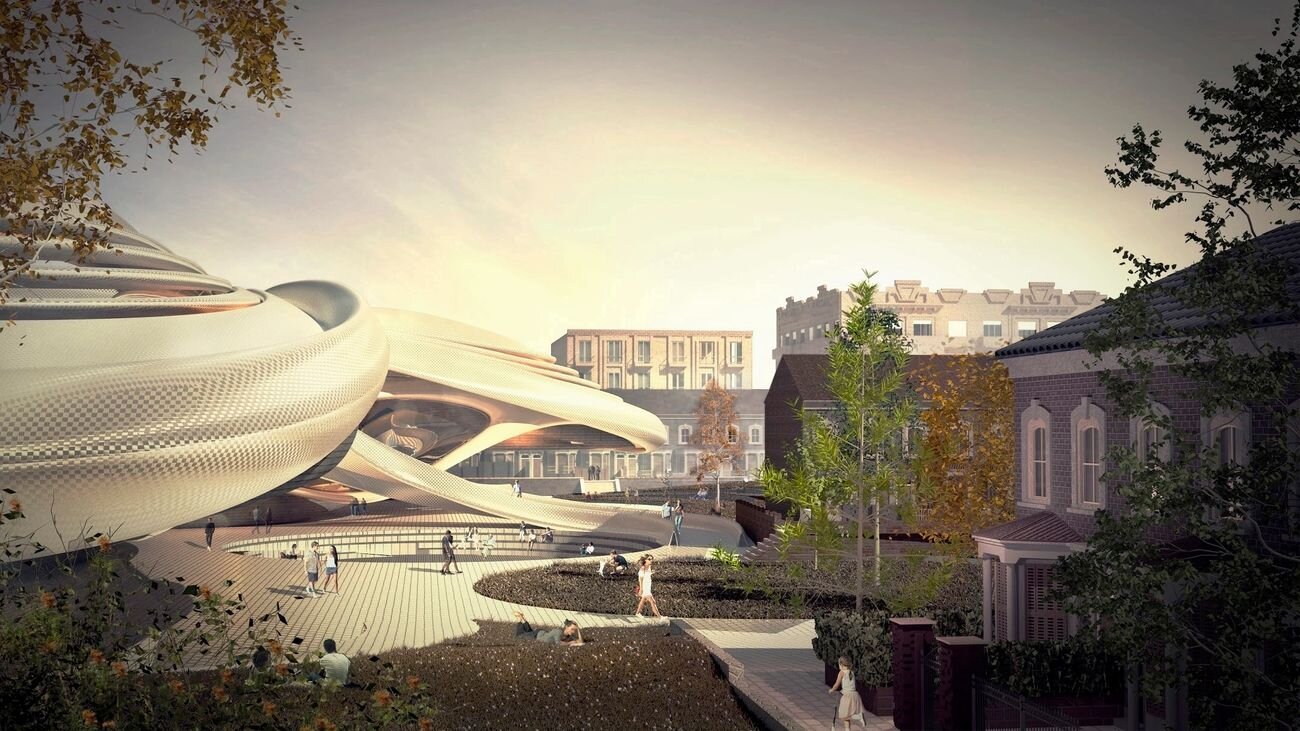

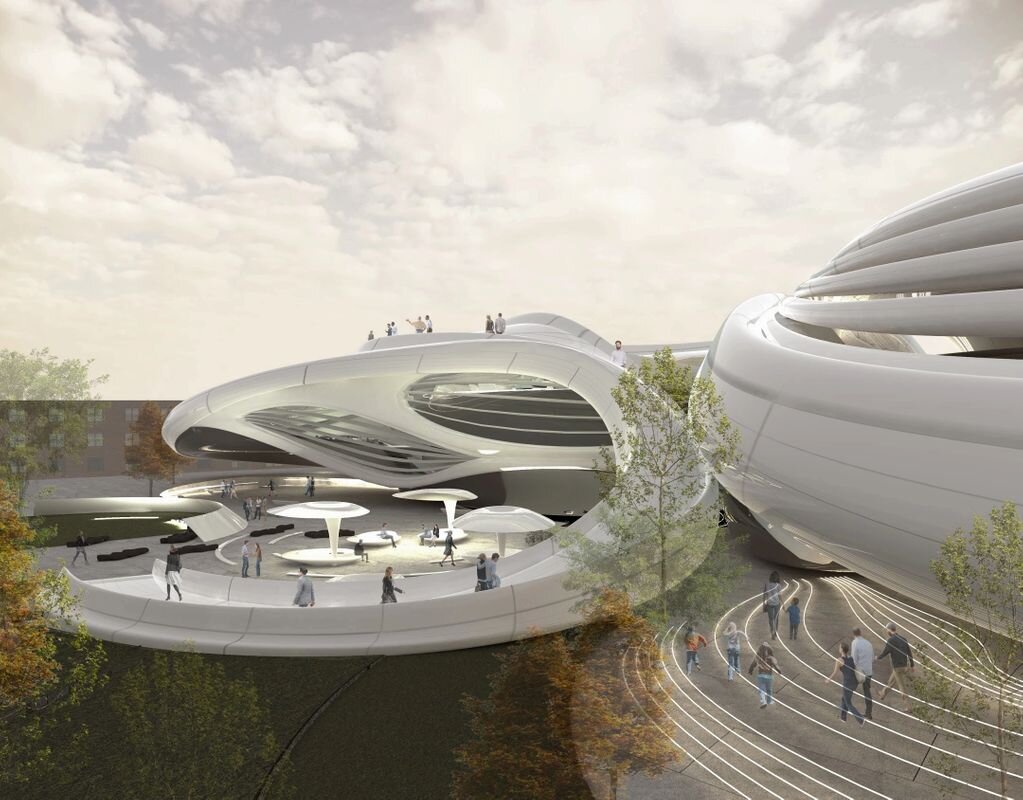
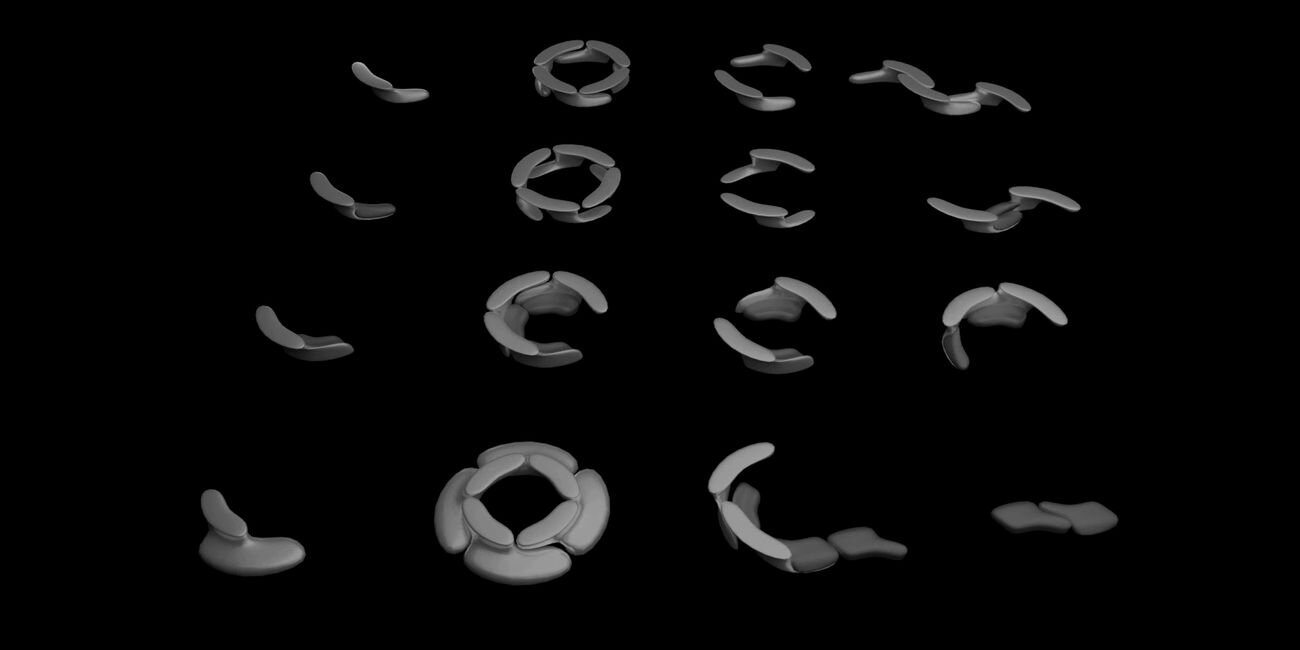
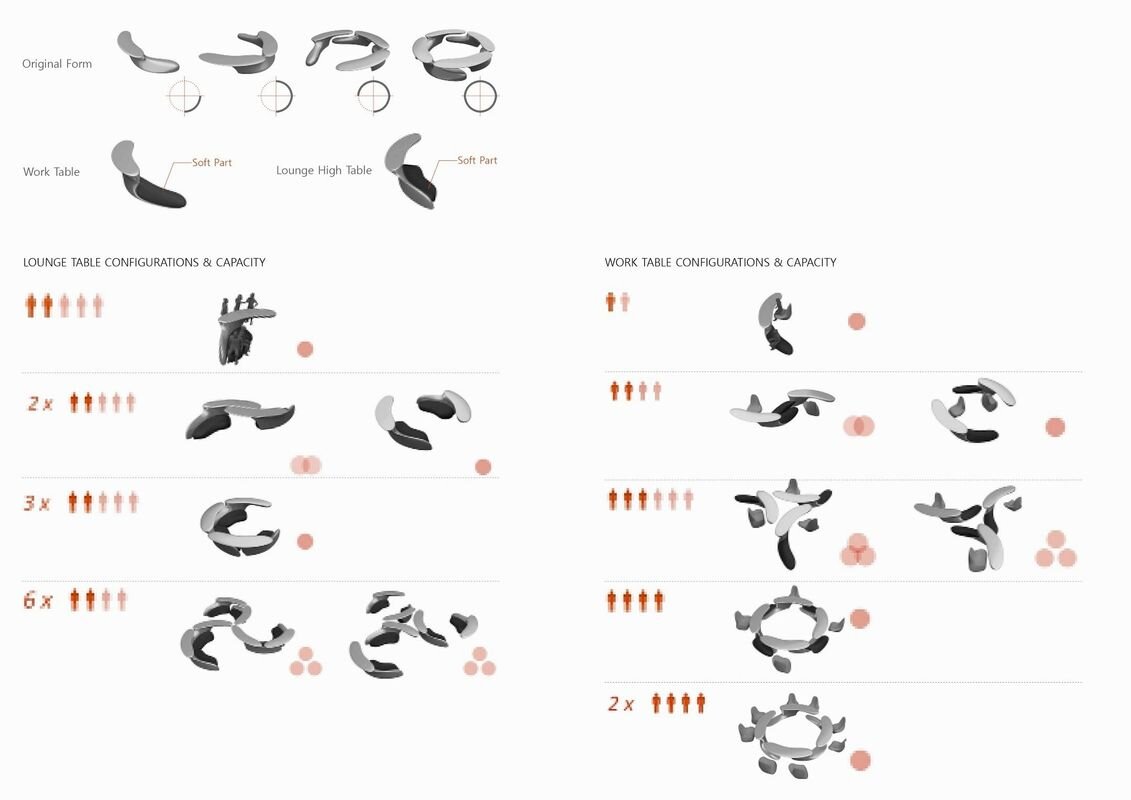
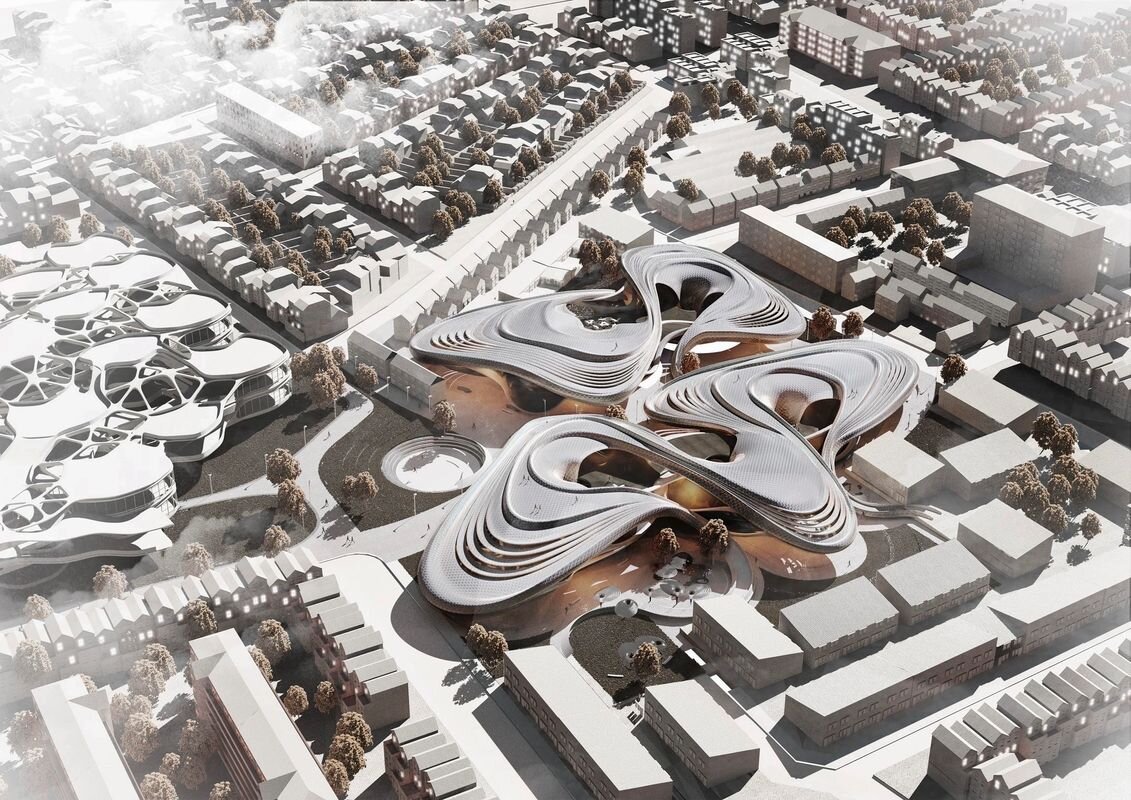
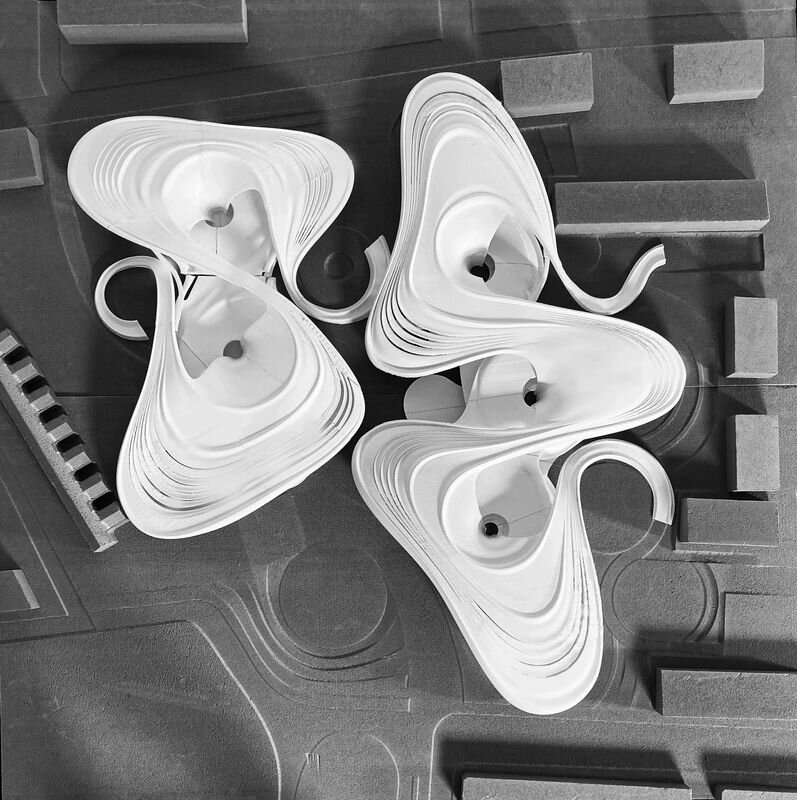
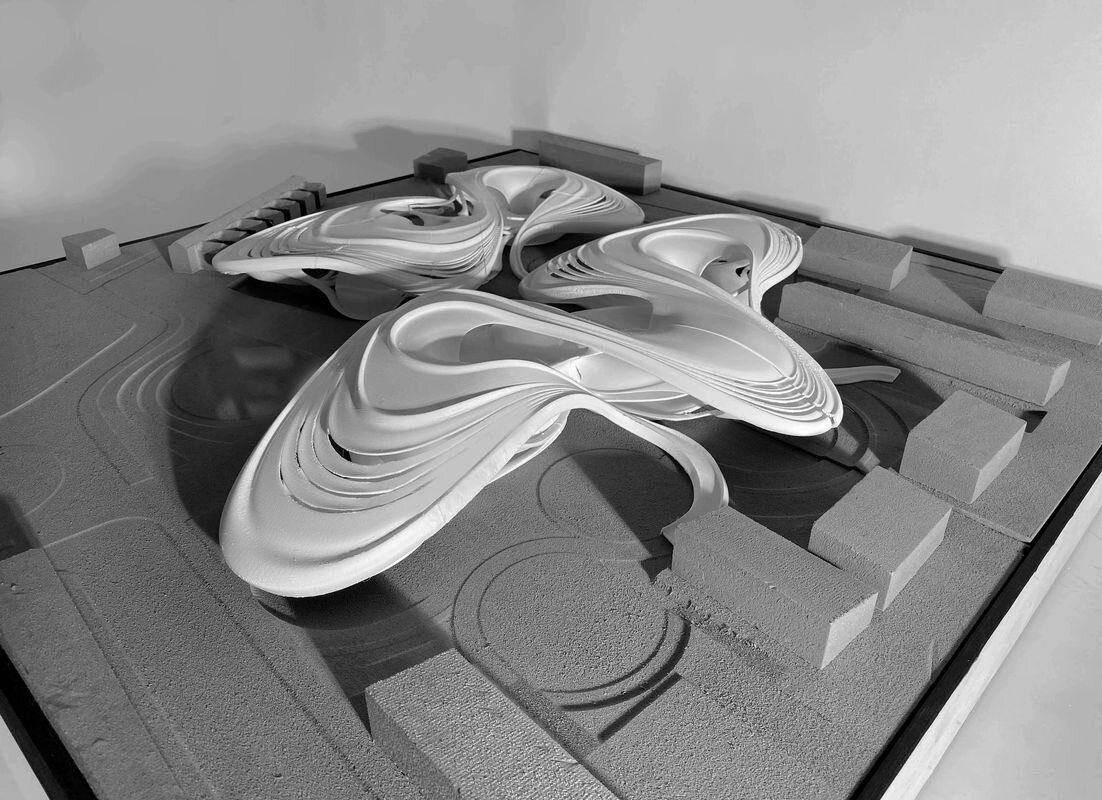



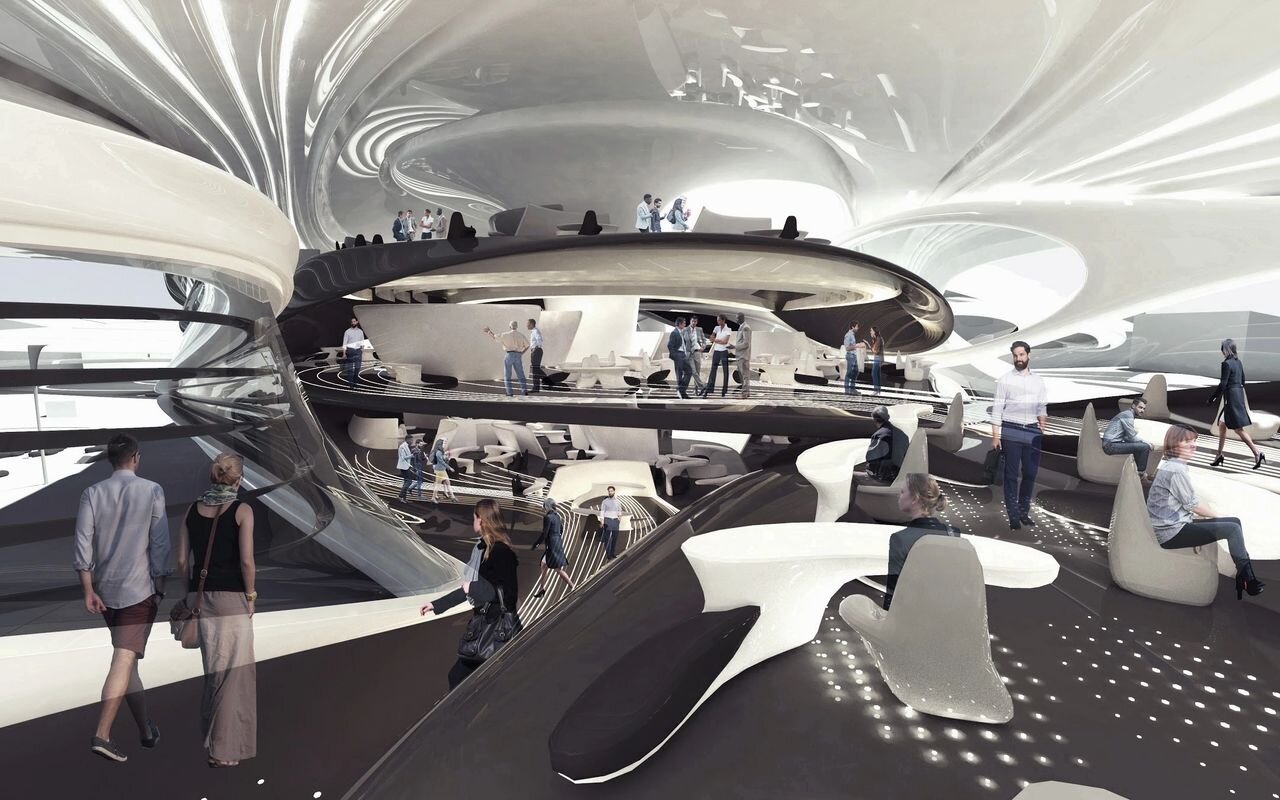
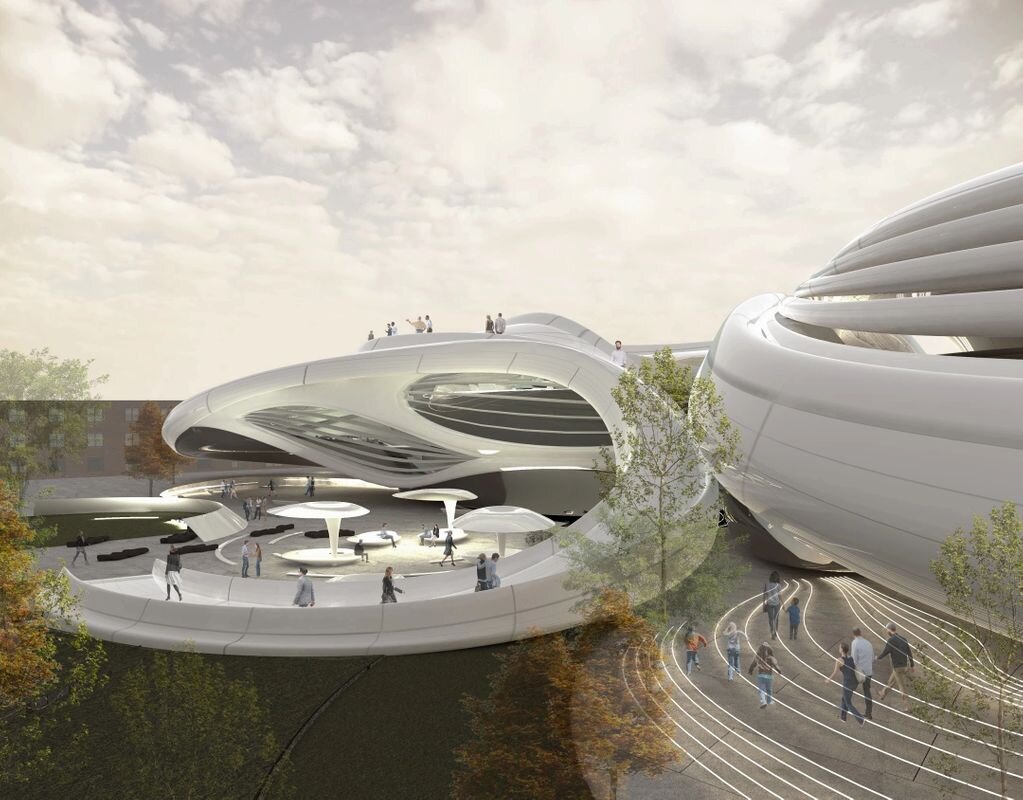
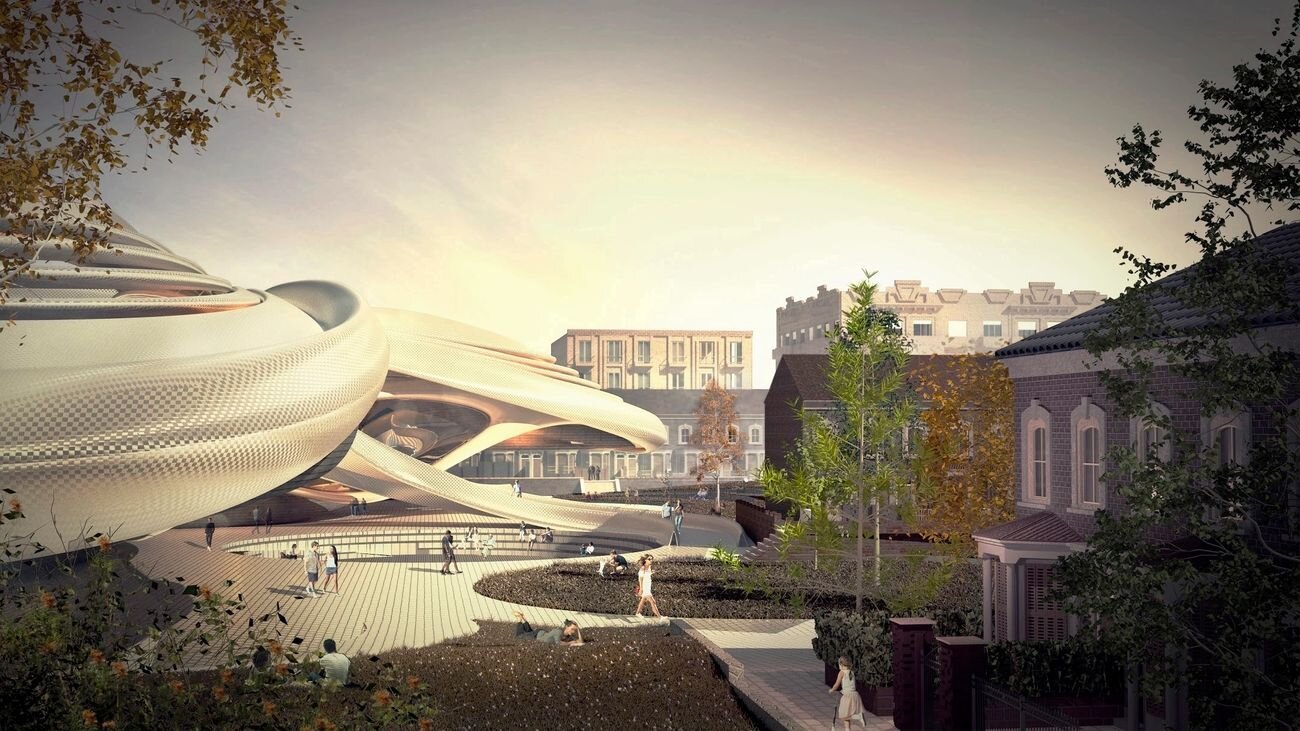
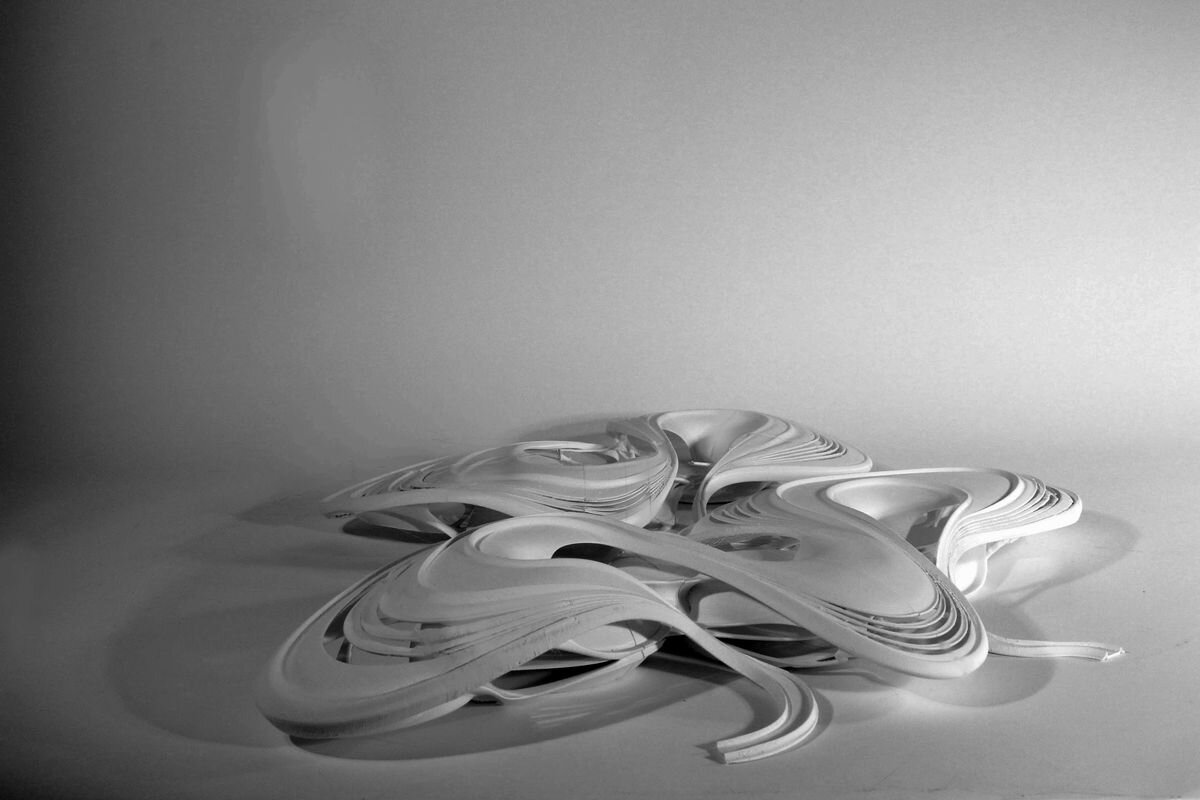
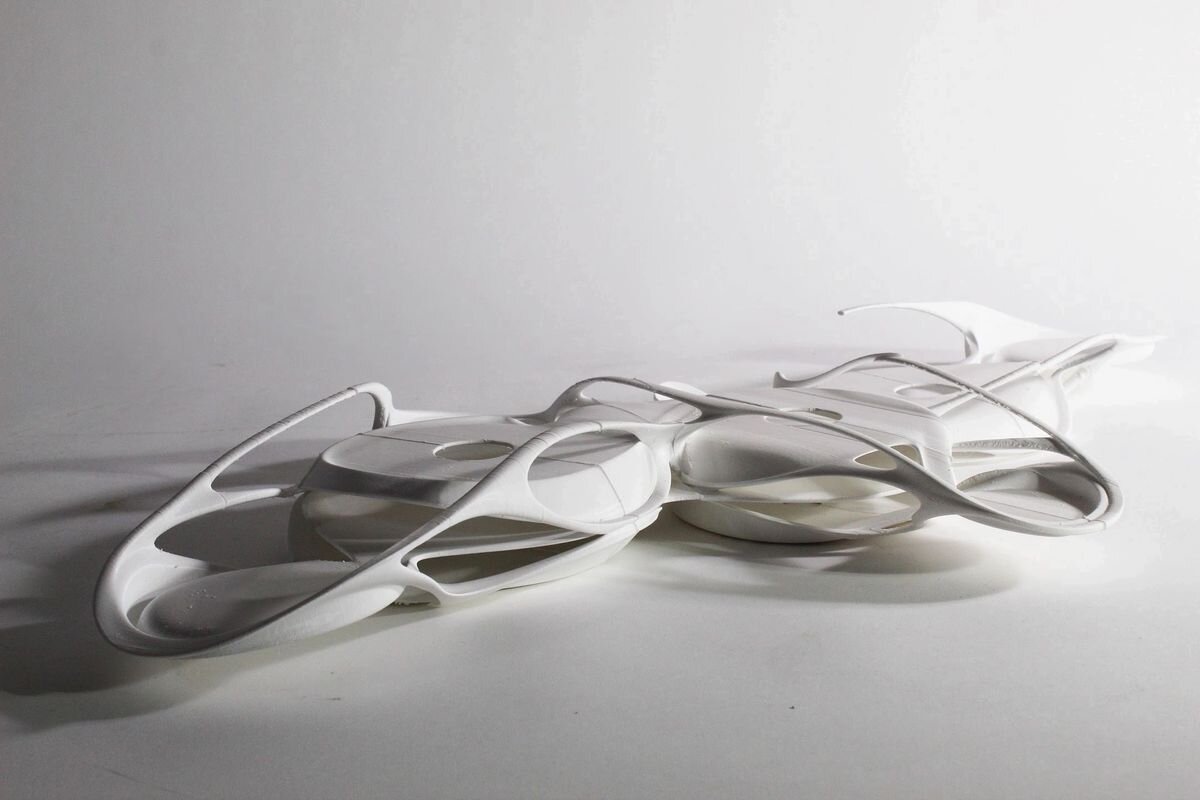
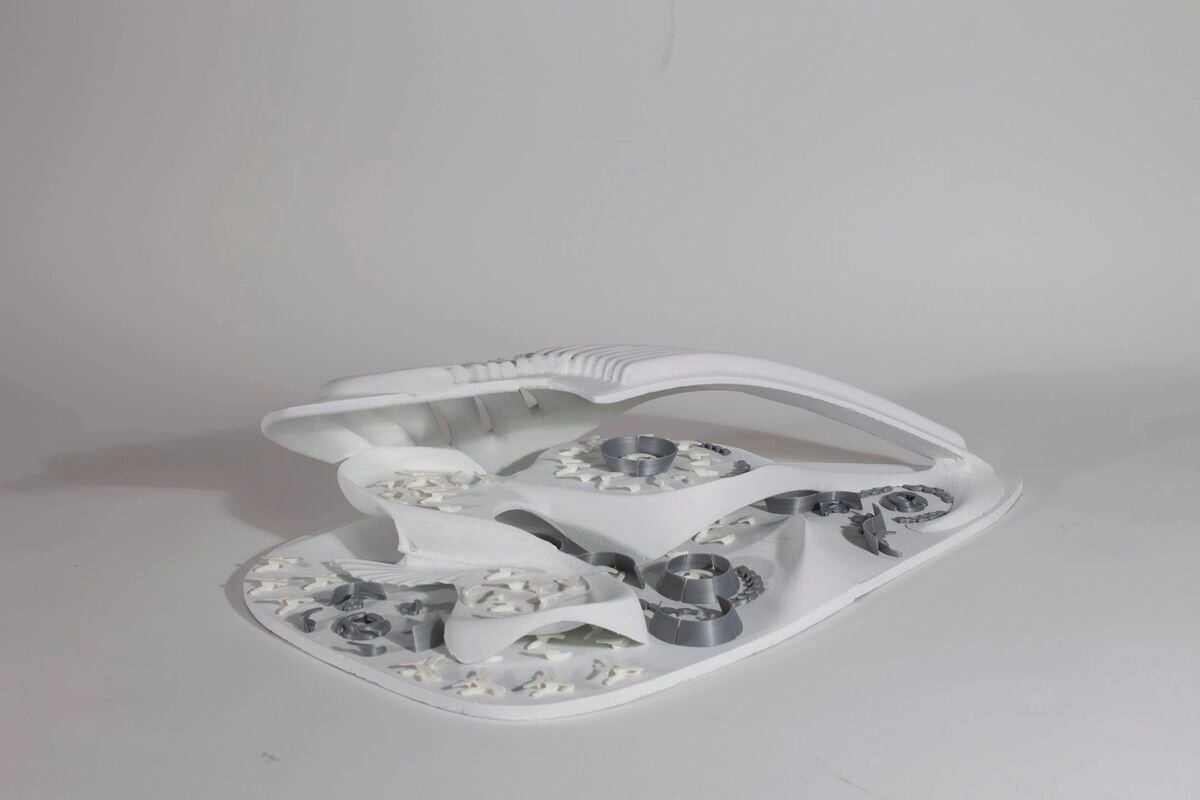
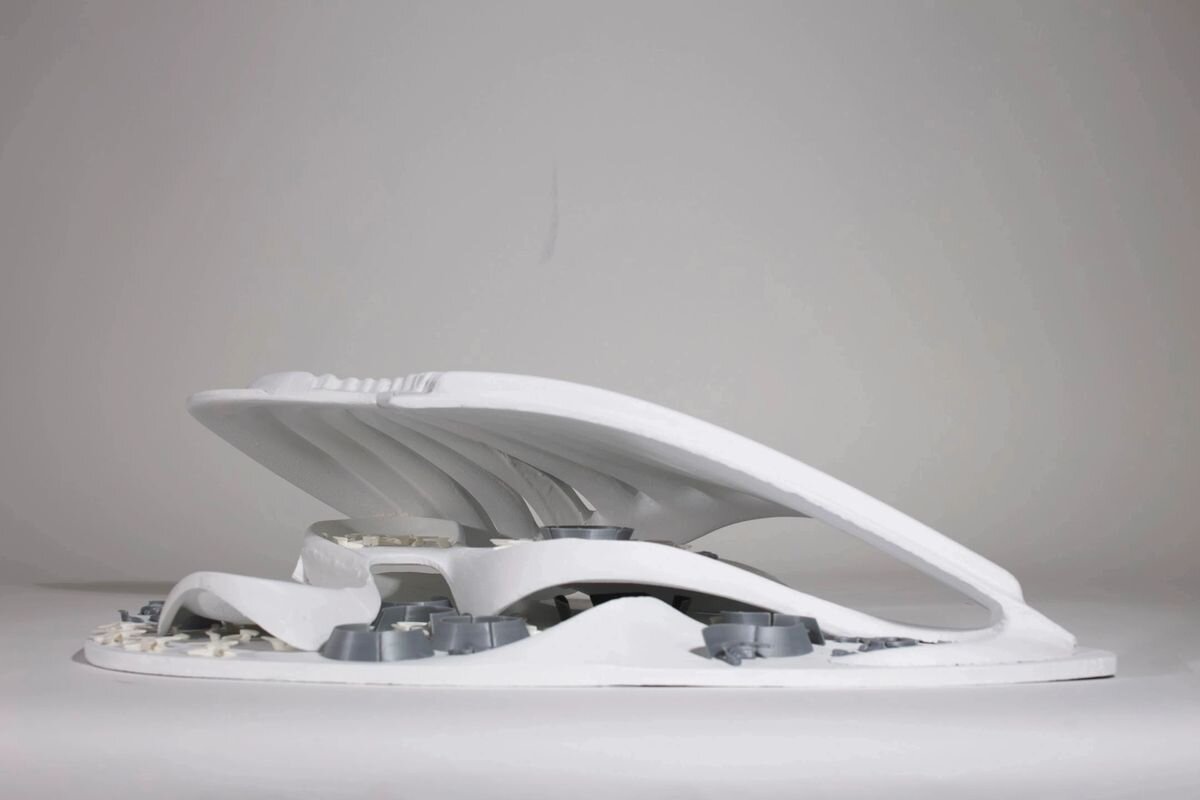
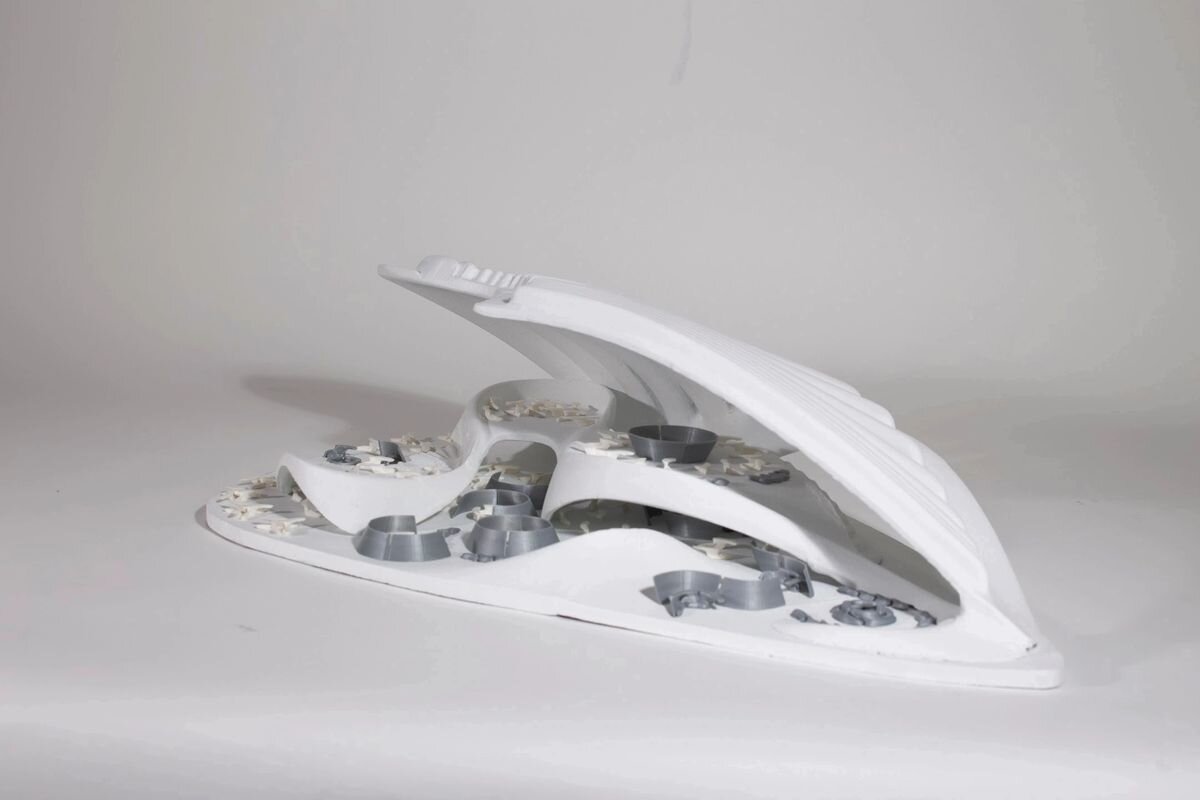
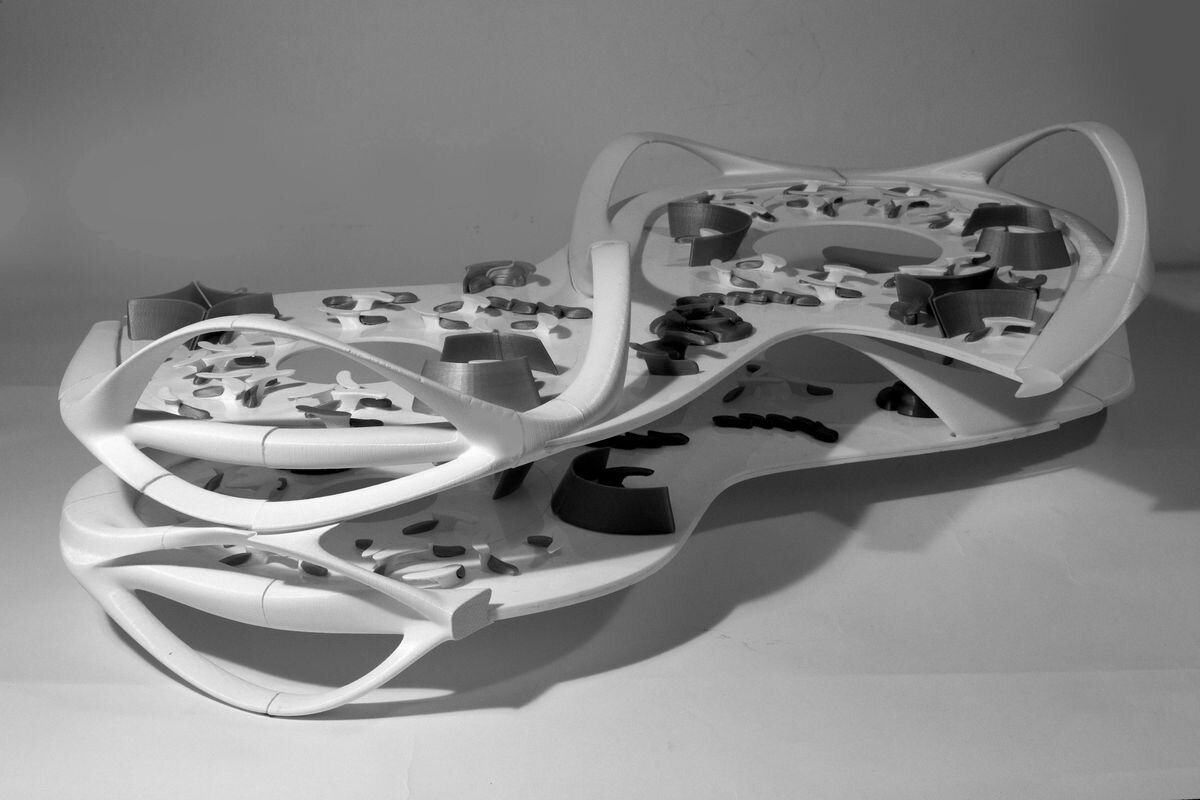
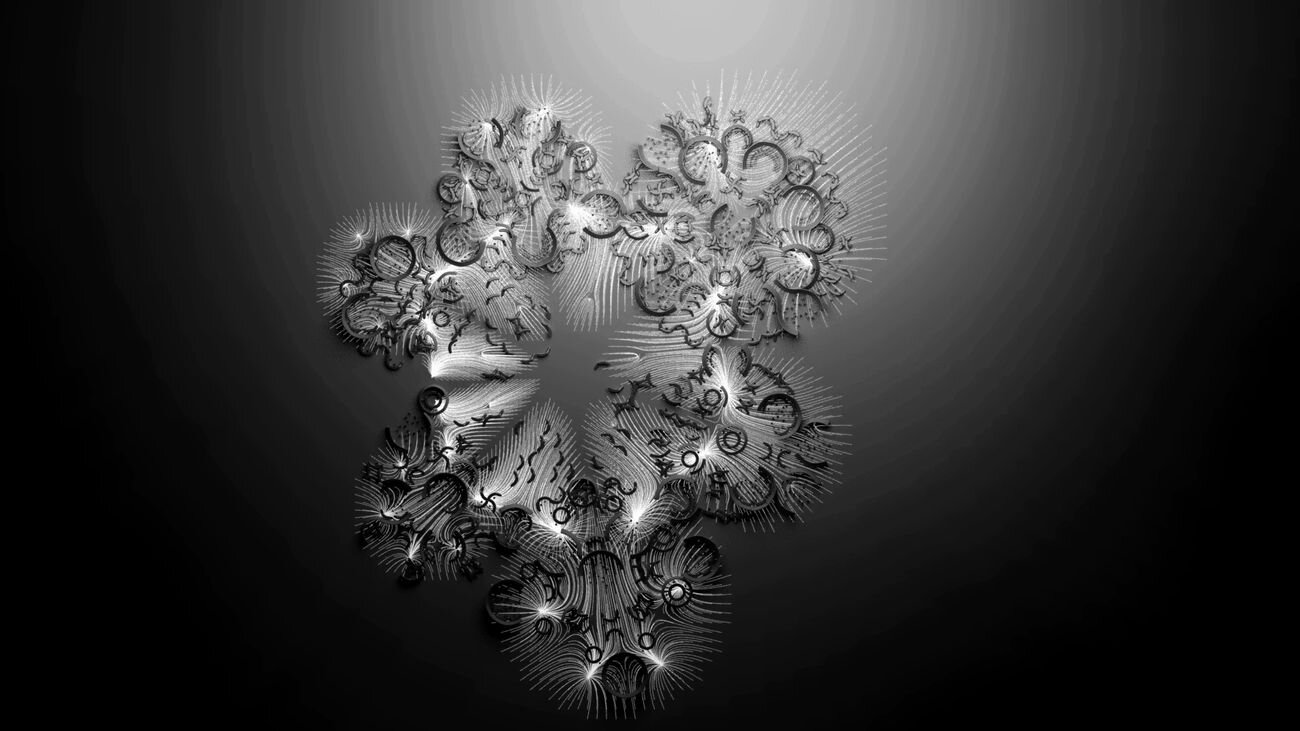
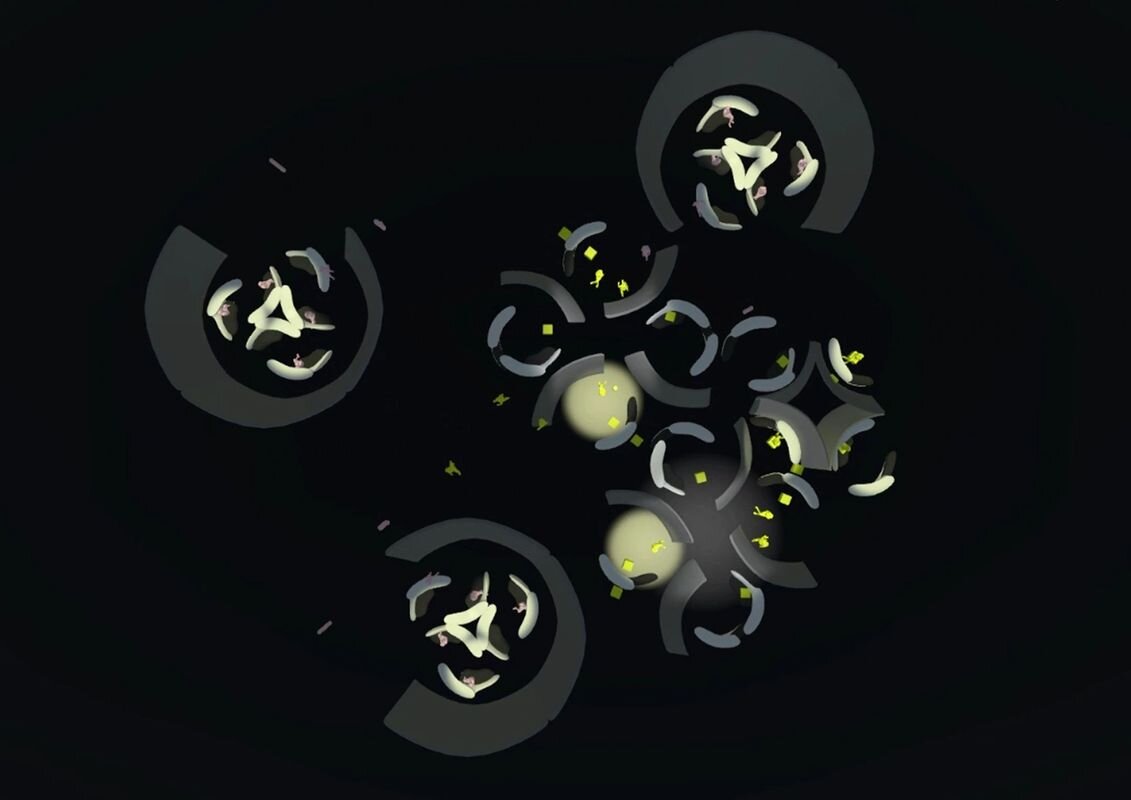











































COR(AL)ATIONS
AADRL | Patrik Schumacher Studio
Studio Master
Patrik Schumacher
Course Tutor
Pierandrea Angius
Team
Michel Ghulmiyyah (Lebanon)
I-Tzu Wang (Taiwan)
Yu Sun (Taiwan)
Maria Laura Barriola (Spain)
PROJECT DESCRIPTION
Cor(al)ations is a research project that explores the role of the built enviroment in a rapidly changing time like today. Like evrything, architecture must change to adjust and adapt to our changing needs, thus, must become responsible for providing a new level of social functionality as well as a sense of order to the agency of its users. Cor(al)ations is a scenario-based design research that explores new spatial workspace typologies that can make up the ideal tech start-up incubator in London. Typologies that are dynamic enough to adapt to the ever-changing human and economic patterns of the future. Typologies that we simply leave to emerge and define themselves as a result of a correlation between human agents within a space and various dynamic systems designed to enhance work performance. This research relies on designing the agency of the occupants of a space taking into account the dynamic social and behavioural patterns of those agents and testing the layers of complexity that may arise along the way. This research makes use of the the spatial complexity that arises from a hybrid of systems in order to define new levels of communication and flexibility that the conventual workspace lacks. This is done by designing various systems at different scales, from a furniture scale to an urban scale and allowing them to corelate together along with the human agents. Vigorous testing of those systems under different conditions is performed along the way both physically and computationally.
In this research, flexible and dynamic spatial patterns are proven necessary for efficient workspace design and are proven achievable by applying the principals of “phenomenology” to both the design process as well as the space itself. Principles of phenomenology along with well-designed reactive systems can achieve new patterns in the workspace that can contribute to the success and health of startups of different sizes and natures within an incubator. Such patterns include spatial patterns, communicative patterns, social patterns, circulation patterns, and many more.
PROJECT VIDEO